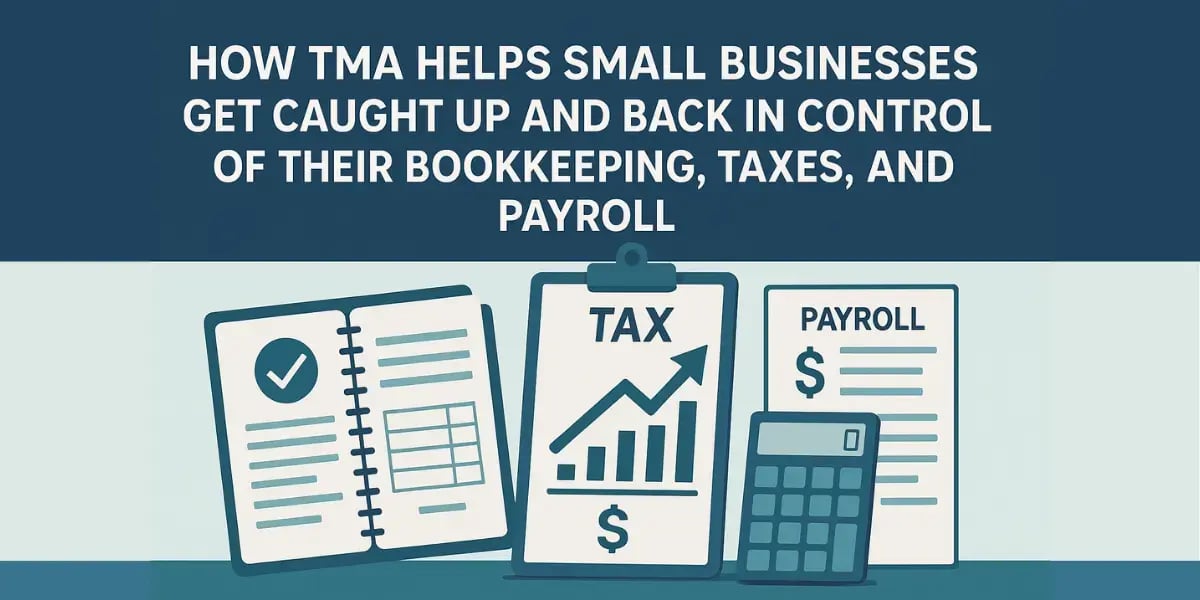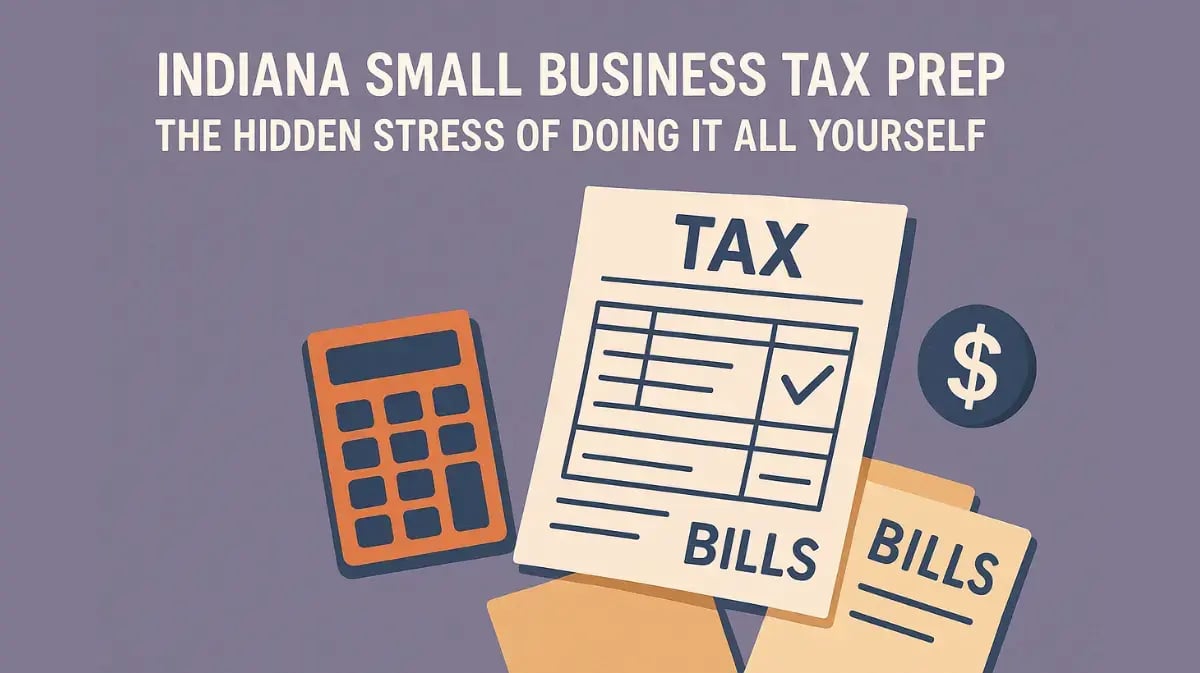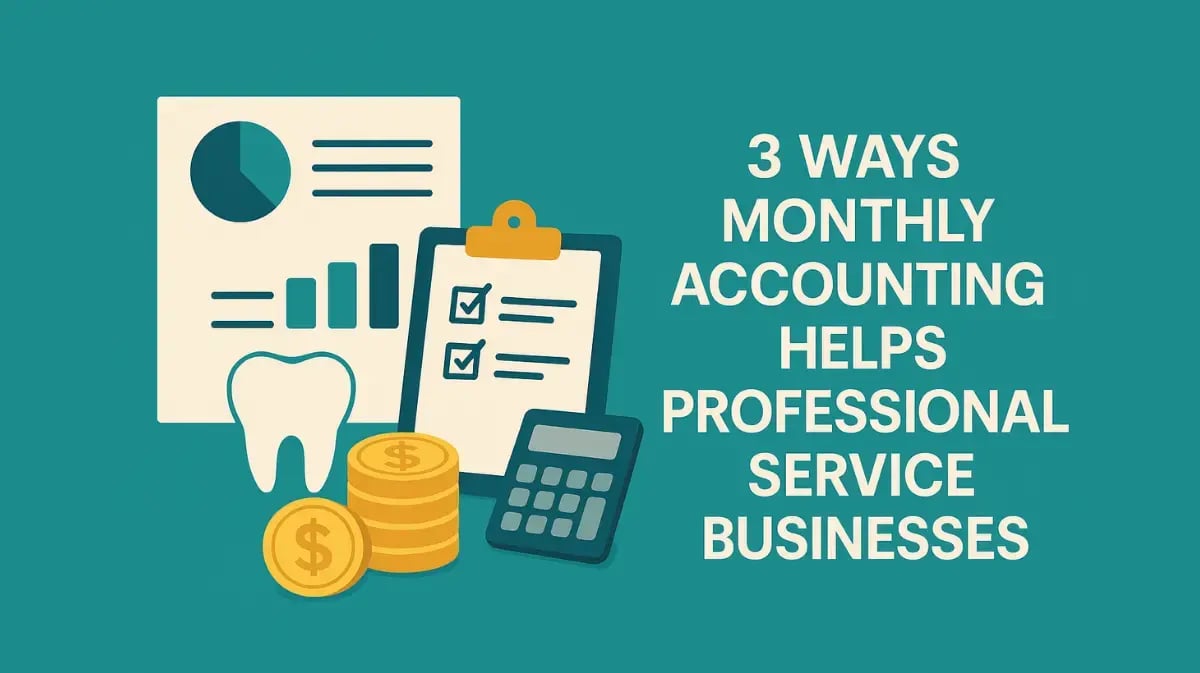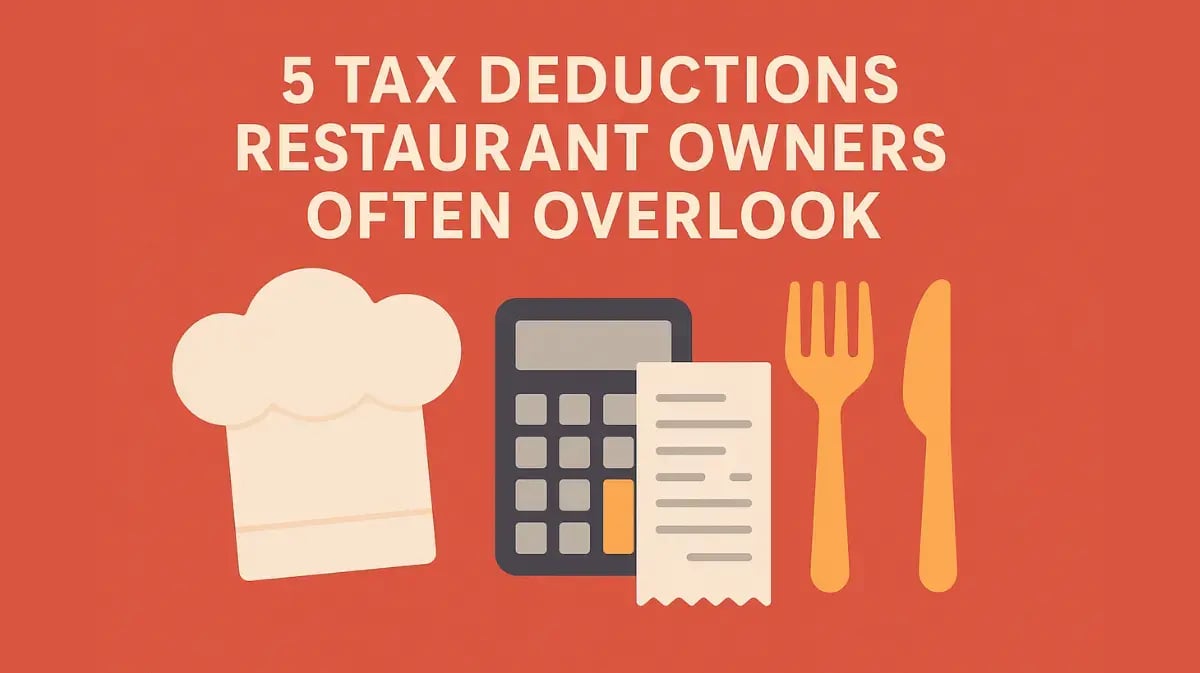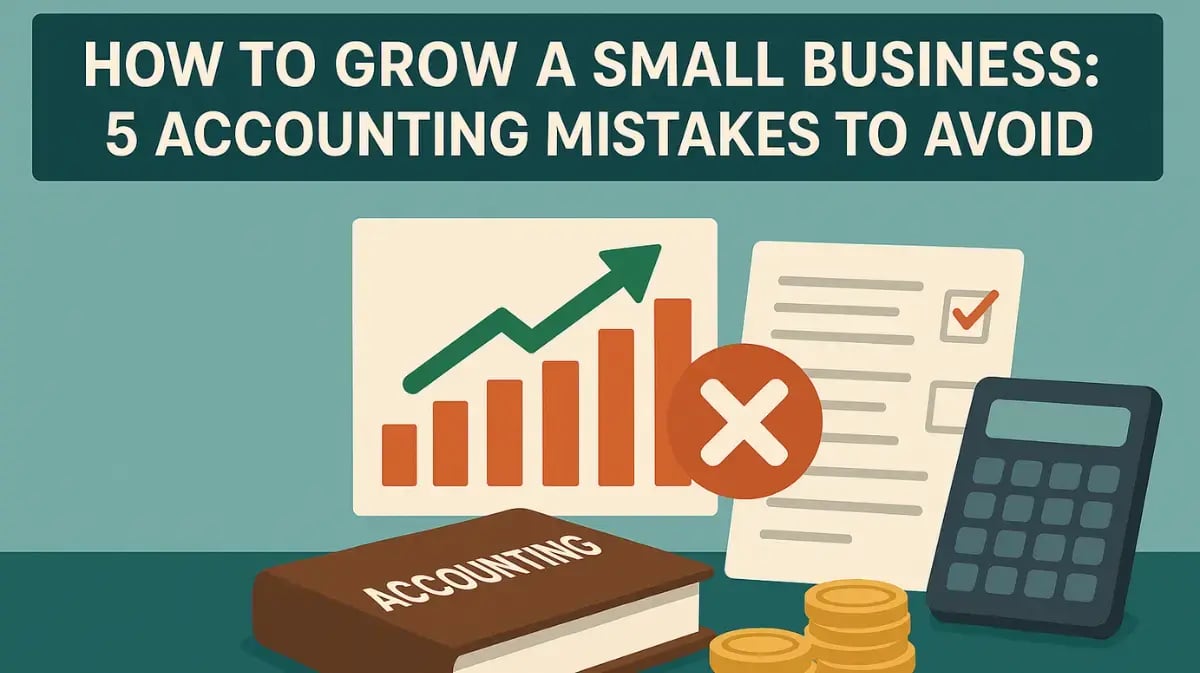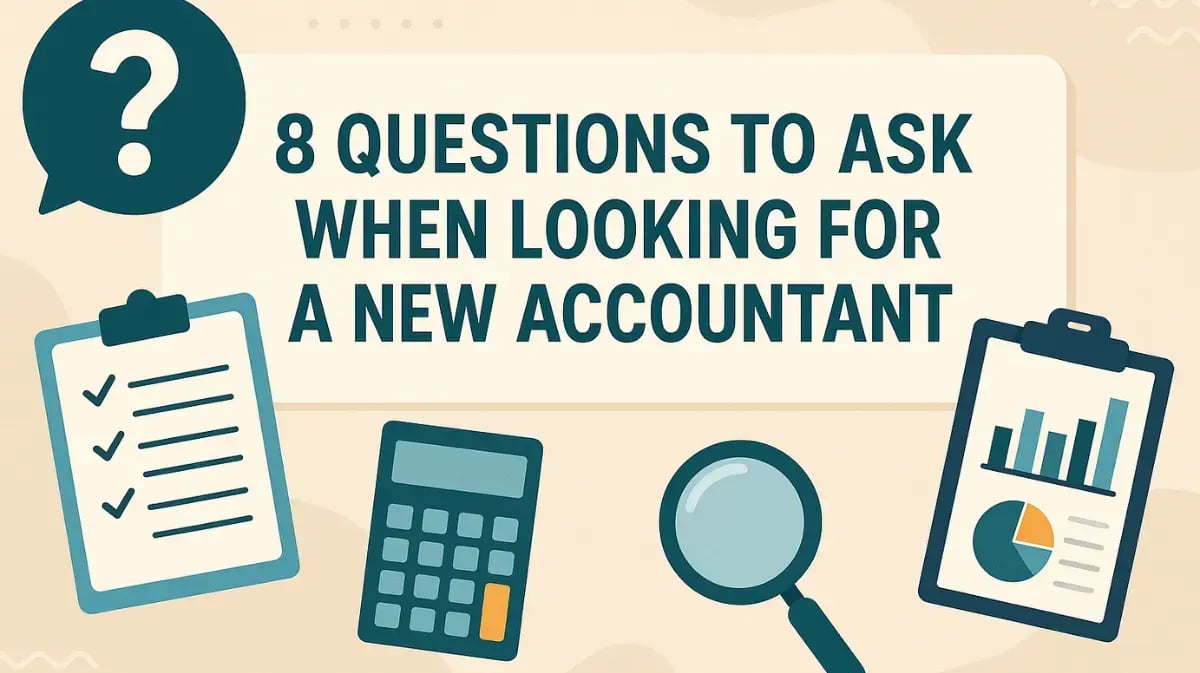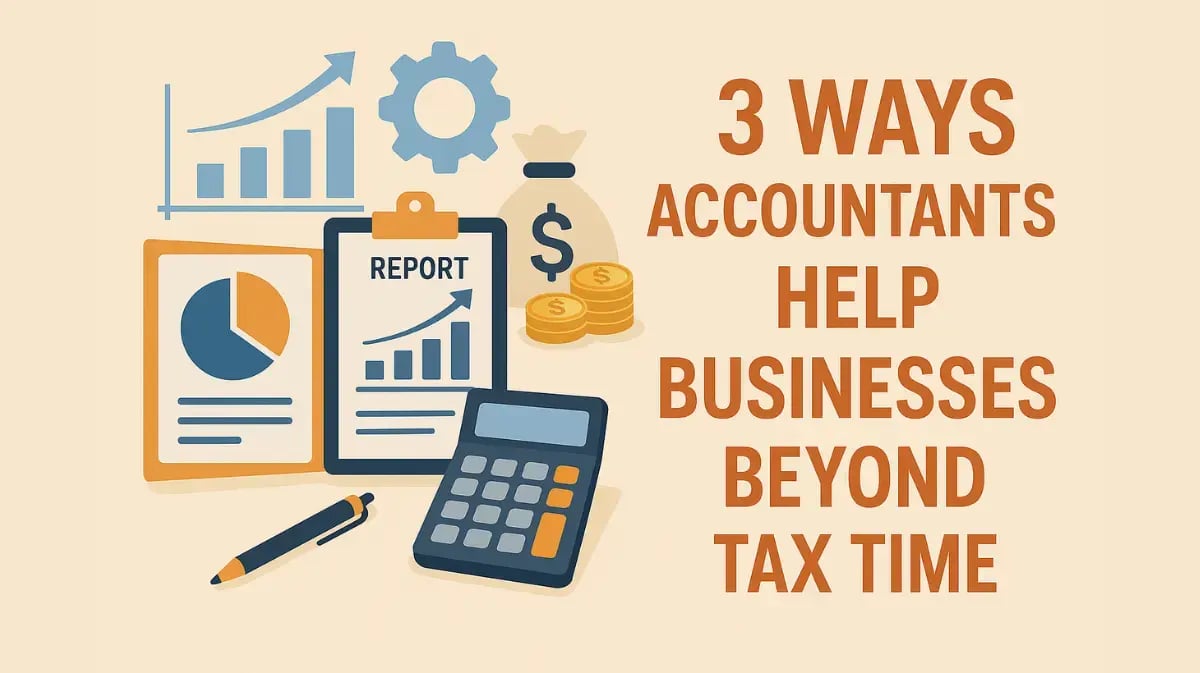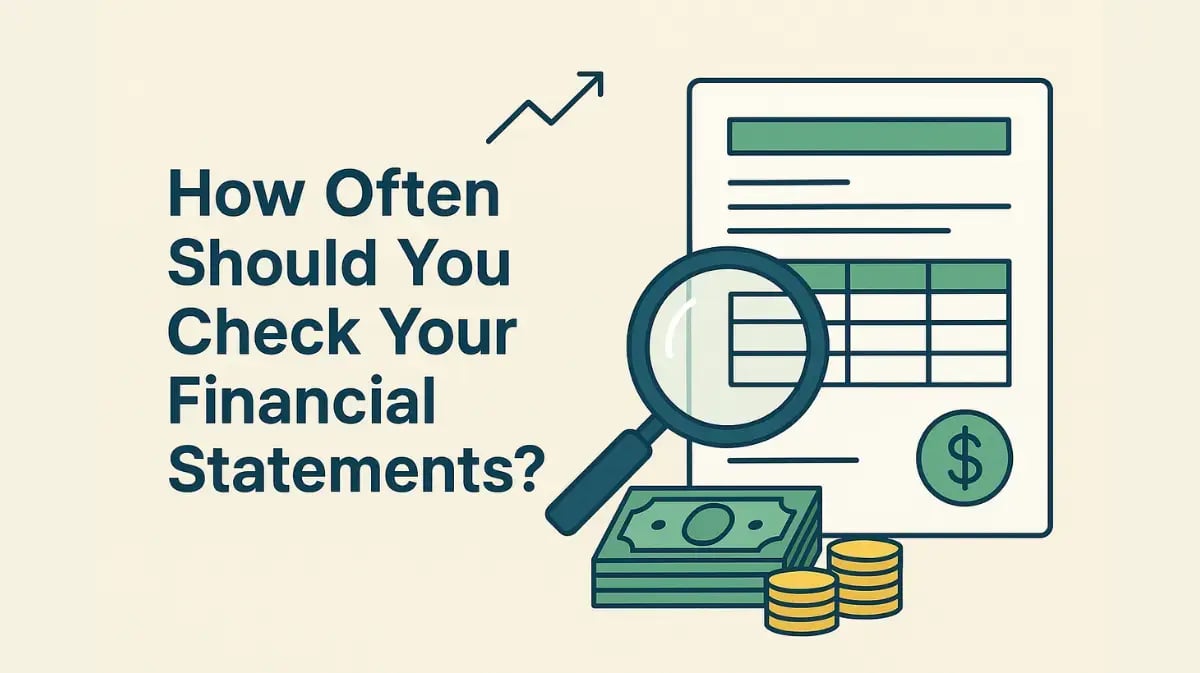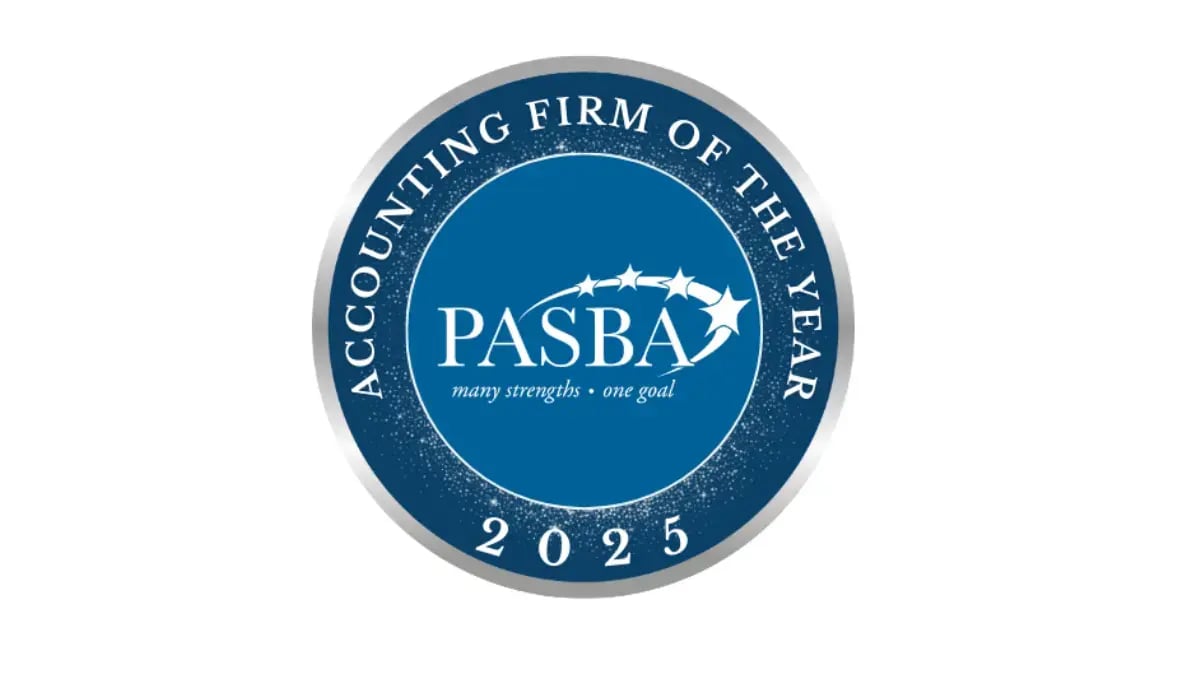Running a small business requires you to understand the financial health of the business. Most people know that a business’s financial statements (balance sheet and profit & loss statements) provide a high-level overview of its financial results. But that starts with good bookkeeping.
Bookkeeping is the process of managing a business’s financial information as it flows through the business. Fundamentally sound bookkeeping is the only way to turn this information into valuable insights. To fully comprehend the impact bookkeeping has on your business, you must know what it is and its importance within your business.
What is Bookkeeping?
Essentially, bookkeeping is a process by which financial data is managed within a business. Bookkeeping is the story of a business. It encompasses some fundamental rules about how to characterize transactions to show the financial results of any business. When done correctly, it can accurately depict what is happening within a business and deliver reliable reporting metrics.
This includes tax previews, profitability status, cash flow, and more.
When deciding on a bookkeeping tool for your business, there are many options to consider. Often, our recommendation is QuickBooks Online.
It is an affordable, accessible, and useful program that assists non-accountants with their bookkeeping. While this tool is helpful, it’s not a substitute for a general understanding of basic bookkeeping principles. Because of this, it's possible (and fairly common) for small business owners to over-rely on it to do the bookkeeping for them.
Why is it Important?
Bookkeeping is important because without it, a business owner can’t really understand where their business stands financially. Without good bookkeeping processes, a business owner must rely on guesswork to determine how profitable the business is and plan ahead for taxes. Not having sound bookkeeping also affects the future of the business. Knowing what the business may need in the future becomes challenging, making tax planning much more complex.
As the business grows and becomes more profitable, bookkeeping becomes more important. It helps in critical decision-making when planning for the future of the business. Good bookkeeping helps the small business owner make good decisions and lead the business more confidently.
Skills Needed
Having the necessary skills to maintain bookkeeping information in a fundamentally correct way is super important. For the best results, it’s best if the person responsible for ongoing bookkeeping has both experience and some form of training/education about the fundamentals of bookkeeping.
One area that gets many small business owners in trouble is expecting QuickBooks or another bookkeeping tool to do everything for them. These tools can be helpful for accurate bookkeeping and reporting, but do not replace someone who knows how to use them effectively.
What Does It Provide for Your Business?
Bookkeeping provides the business owner with financial information about the business within a set timeframe. It can confirm the owner’s thoughts and expectations about what is happening in the business during that time. The owner’s understanding and experience with the business are enriched through data-backed decision-making.
Good bookkeeping can provide clarity for small business owners. Knowing what is happening within their business can help them understand profitability and cash flow. The owner will be able to understand where and how money is flowing through their small business.
Bookkeeping is essential for small businesses to become successful. Timely and accurate bookkeeping tells the story of a business as the data flows through it. The story of every small business deserves to be told. Let us help tell yours.
© 2024
Blog Disclaimer: Nothing in this post constitutes legal, tax, or financial advice and is intended for informational and educational purposes only. This informational and educational material is not intended, and must not be taken, as legal, tax, or financial advice on any particular set of facts or circumstances or as recommendations that are suitable for any specific person. You need to contact a lawyer, accountant, or financial adviser licensed in your jurisdiction for advice on your specific questions, issues, and concerns. View our full here.









